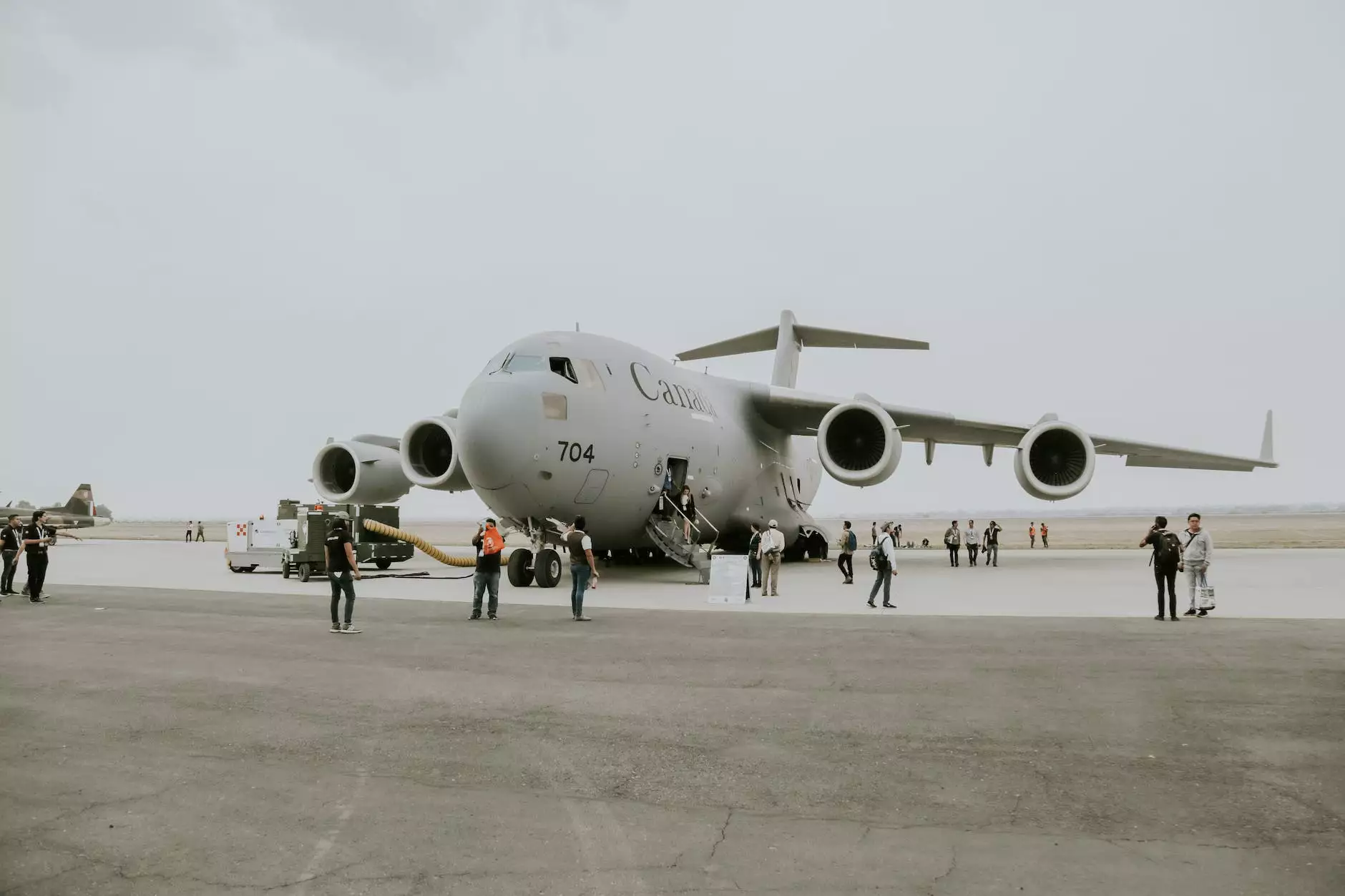The Future of Aviation: Insight into Flight and Duty Software

The aviation industry is a complex ecosystem where every facet, from airlines to airport terminals and various aviation services, plays a crucial role in ensuring smooth operations. A key component in enhancing efficiency and compliance is flight and duty software. This article explores its significance and how it is reshaping the aviation landscape.
Understanding Flight and Duty Software
Flight and duty software refers to specialized programs designed to assist airlines and aviation service providers in managing their operations efficiently. These systems serve various purposes, including scheduling flights, managing crew duties, ensuring compliance with regulations, and enhancing overall safety measures. The robust nature of these systems provides a comprehensive solution to some of the industry's most pressing challenges.
Key Features of Flight and Duty Software
Modern flight and duty software come equipped with numerous features tailored to meet the unique needs of aviation enterprises. Here are some essential features:
- Automated Scheduling: Automating flight and crew scheduling helps in minimizing human error and ensuring adherence to regulatory requirements.
- Real-Time Monitoring: Monitoring flights in real-time allows for immediate adjustments and improved resource allocation.
- Compliance Management: Ensures that all operations comply with aviation authorities’ regulations, reducing the risk of penalties.
- Reporting and Analytics: Generates detailed reports on operations, enabling better decision-making and strategic planning.
- User-Friendly Interface: Modern software tends to feature intuitive interfaces that enhance user experience and efficiency.
The Impact of Flight and Duty Software on Airlines
For airlines, the integration of flight and duty software is nothing short of revolutionary. Consider the following benefits:
Enhanced Operational Efficiency
The software significantly streamlines various processes, allowing airlines to allocate resources better and reduce operational bottlenecks. This increased efficiency translates directly into cost savings and improved customer satisfaction.
Improved Compliance with Regulations
In an industry governed by stringent regulations, the ability to maintain compliance through automated systems is invaluable. Airlines utilizing flight and duty software can ensure that crew scheduling meets rest period requirements, thus enhancing safety and reducing liability.
Boosting Customer Satisfaction
With real-time flight information and more efficient service delivery, passengers experience fewer delays and better overall service. This enhanced customer satisfaction can lead to increased loyalty and repeat business.
The Role of Flight and Duty Software in Airport Terminals
Airport terminals are the front line of the travel experience, and flight and duty software plays a crucial role in optimizing their operations:
Streamlining Ground Operations
From baggage handling to flight information displays, effective management of ground operations is vital. The software enables coordination among various teams, ensuring a seamless flow of passengers and cargo.
Real-Time Data Sharing
Sharing real-time data across all stakeholders in the airport ecosystem—including airlines, ground handlers, and security—fosters collaboration and enhances overall efficiency.
Capacity Management
Properly utilizing terminal space and managing airport capacity are critical. Advanced software solutions use data analytics to optimize terminal use, improving the travel experience for all passengers.
Benefits of Implementing Flight and Duty Software for Aviation Services
Aviation services, including maintenance, repair, and overhaul (MRO) organizations, also benefit immensely from flight and duty software:
Enhanced Safety Standards
Safety is paramount in aviation. Effective software solutions help ensure that maintenance schedules are adhered to, reducing the likelihood of technical issues that could compromise safety.
Optimized Maintenance Schedules
Utilizing flight and duty software allows MROs to plan maintenance activities accurately without disrupting operational flight schedules, enhancing the overall reliability of airlines.
Data-Driven Decision Making
Advanced analytics provided by the software help aviation services make informed decisions based on trends, reducing costs and improving service quality.
Future Trends in Flight and Duty Software
As the aviation industry evolves, so too will flight and duty software. Here are some future trends to watch:
Artificial Intelligence and Machine Learning
The growing trend of implementing AI and machine learning in flight and duty software will allow for predictive analytics, helping companies anticipate operational challenges before they occur.
Integration with IoT Devices
The Internet of Things (IoT) will play a crucial role in enhancing flight and duty software, providing real-time data from various devices, improving efficiencies, and enhancing the passenger experience.
Increased Customization and Flexibility
The need for tailored solutions will lead to greater customization options within flight and duty software, allowing airlines to adapt the software to their specific operational needs.
Conclusion: Embracing the Future of Aviation with Awery Aero
In summary, flight and duty software is a critical asset for airlines, airport terminals, and aviation services, reshaping how the industry operates. As the sector faces growing demands for efficiency, compliance, and enhanced customer satisfaction, the role of advanced software solutions becomes even more vital.
Businesses like Awery Aero are at the forefront of this transformation, offering robust solutions that integrate seamlessly into existing infrastructures. By embracing these technologies, players in the aviation industry can not only survive but thrive in an ever-competitive landscape. It's not just about keeping up; it's about leading the charge into the future of aviation.
The aviation industry is becoming more intricate, yet with the right tools—like the flight and duty software offered by Awery Aero—companies can navigate this complexity with ease, ensuring a safer, more efficient, and quality flying experience for everyone.









